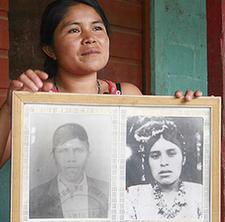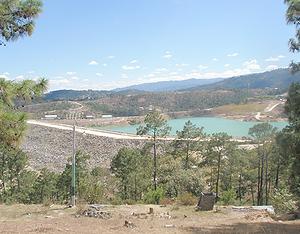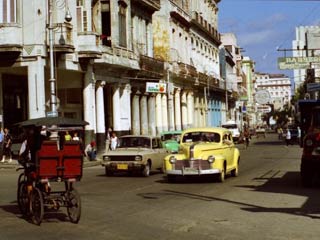
AMAZIGH
UN investigators renewed their call for charges against Burma military officials suspected of carrying out a genocide against the nation's minority Rohingya population over the past year. The UN Office of Human Rights published an exhaustive list of atrocities and called "for the investigation and prosecution of Myanmar's Commander-in-Chief, Senior General Min Aung Hlaing, and his top military leaders for genocide, crimes against humanity and war crimes." Since last August, 700,000 Rohinga refugees have fled into neighboring Bangladesh, and many have spoken of the Burmese military's attacks on their villages, describing actions that are considered crimes against humanity under international law. This August, a UN fact-fidning mission for the first time referred to the conflict as a genocide. (Photo: UNHCR)








